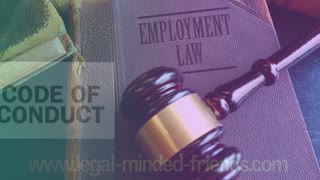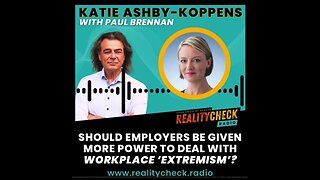Unfair Treatment Of An Employee At Work | 2023 |
in evaluated an unfair treatment claim, courts use the McDonnell Douglas framework (famous case), under which plaintiff has the initial burden of establishing a case by showing he/she was a qualified member of a protected class and was subjected to an adverse employment action in contrast with similarly situated employees outside the protected class.
Protected classes under federal law are: (1) Race, (2) National Origin, (3) Religion, (4) Age, (5) Sex, and (6) Disability. Plaintiff and comparators outside the protected class who are treated more favorably must be similarly situated in ALL relevant aspects. This prevents courts from second-guessing employers’ reasonable decisions and confusing apples with oranges.
If you are a member of a protected class and you’re being treated less favorably than other employees outside your protected class and those employees have essentially the job as you, then you should immediately report this to your human resources department (in writing) or better yet, file a charge of discrimination with the EEOC. It is unlawful for your employer to retaliate against you for exercising your statutorily protected right to be treated fairly at work.
Now, the important thing to remember is that the unfair treatment must be based on your membership in a protected class. If you are being treated differently for some other reason, your employer is not breaking the law. In other words, you can be treated unfairly by your boss for any reason as long as it’s not because of your race, national origin, religion, age, sex, or disability. For example, you can be treated unfairly because your boss just doesn’t like you. This is perfectly legal. It’s not unlawful for your boss to be a jerk in the at-will employment system here in Florida.
-
 9:43
9:43
childrenshealthdefense
8 months agoEmployee Coercion #MA
1.19K1 -
 5:28
5:28
KACole
3 years agoIs Your Employer Giving You A Hard Time?
29 -
 0:12
0:12
LaborersPOV
1 year agoMistreatment of Union Workers
6 -
 12:37
12:37
senatormalcolmroberts
6 months agoEmployees “Better Off” On Half Award Pay Says Fair Work
122 -
 1:16
1:16
Just the News
11 months agoStarbucks employees strike over ‘hypocritical’ treatment of LGBTQ+ workers
3.33K13 -
 8:56
8:56
The Trig Show
7 months agoWorkplace Bullying
77 -
 19:17
19:17
Goyanks11
5 months agoWhy workers are unhappy about their jobs
1 -
 1:58
1:58
RealityCheckRadioNZ
7 months agoShould Employers Be Given More Power To Deal With Workplace Extremism
35 -
 4:26
4:26
TheVisualVortex
9 months agoUnconscious bias in work environment
51 -
 4:05
4:05
THE ZONE OF TRUTH
10 months agoDEPARTMENT OF INJUSTICE STRIKES AGAIN
105K1